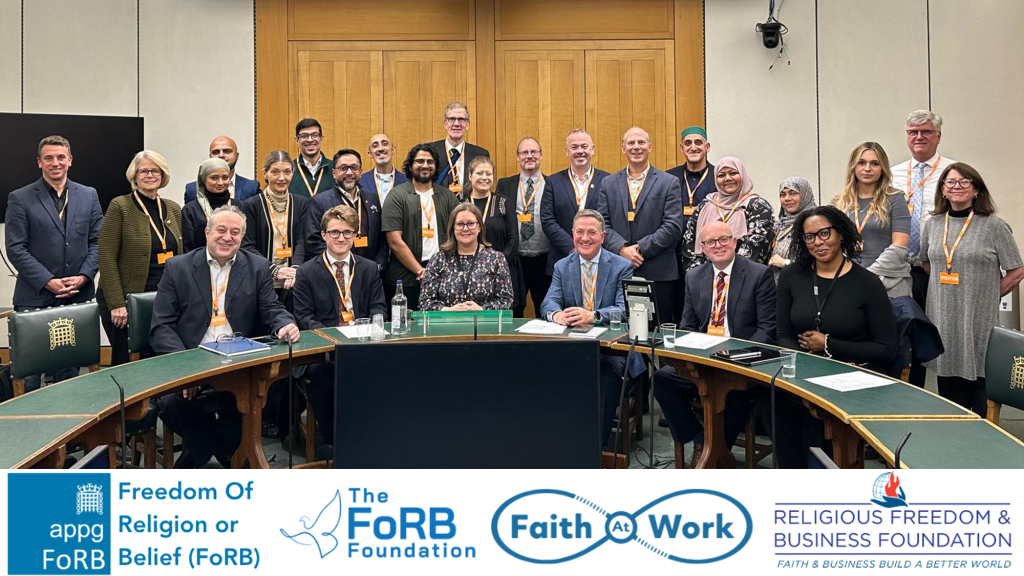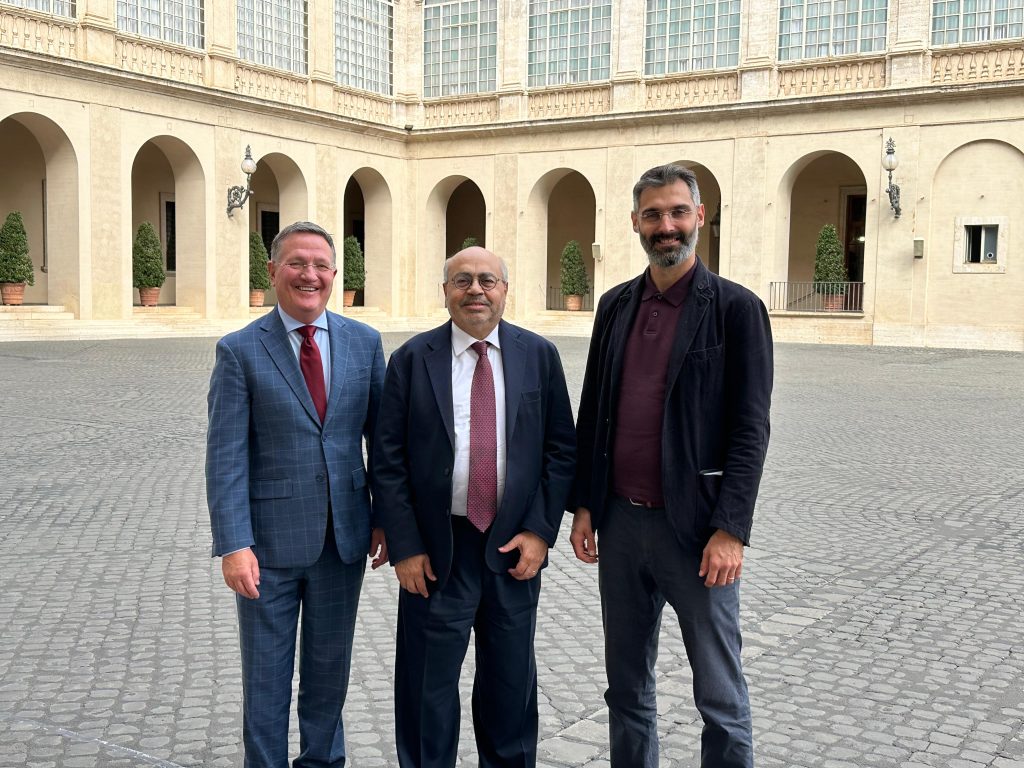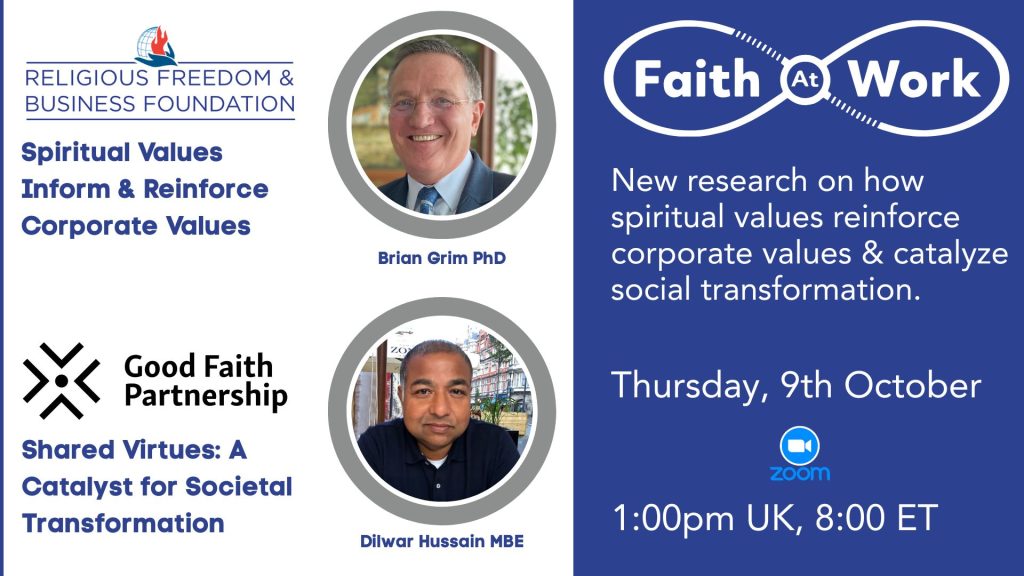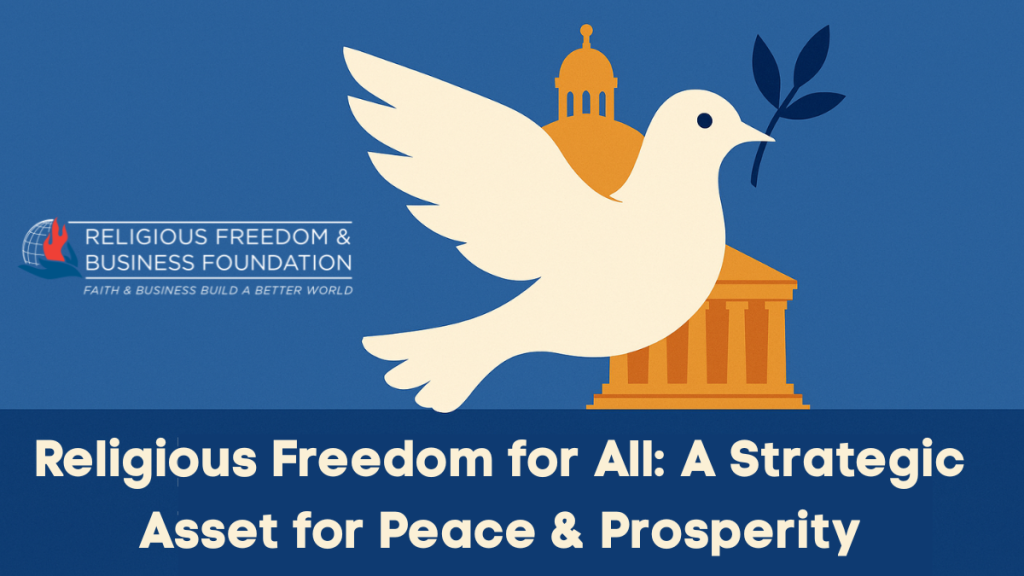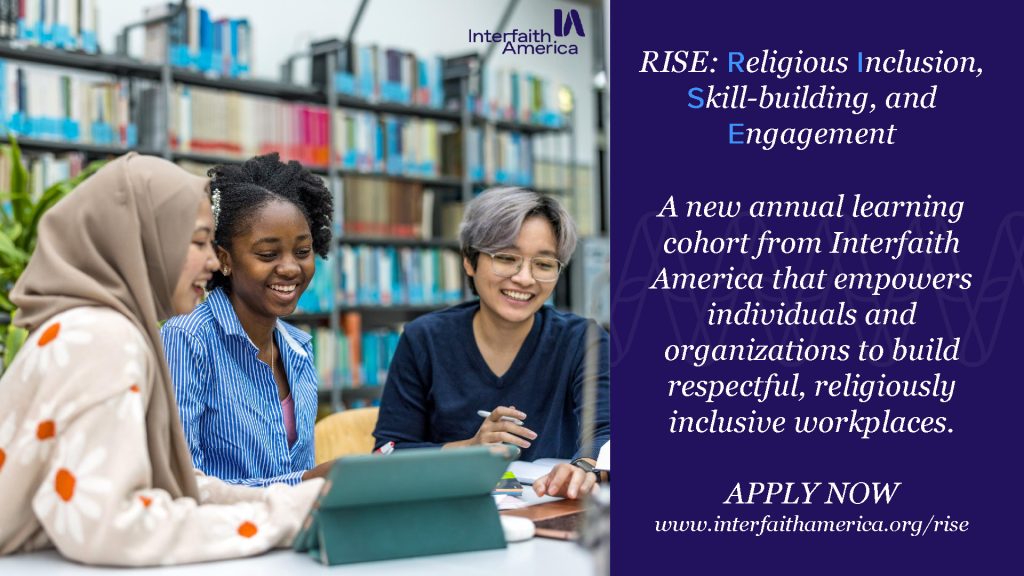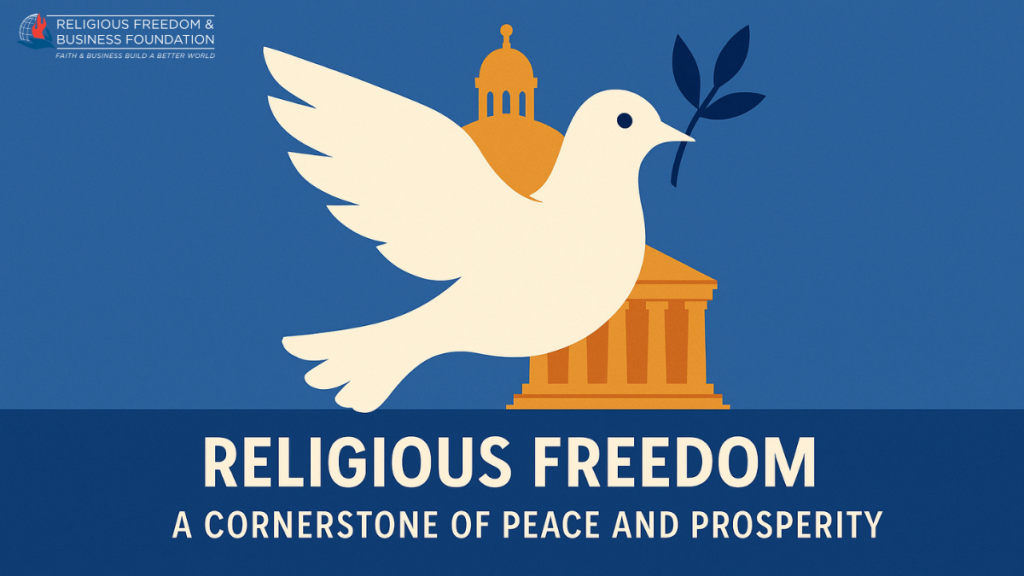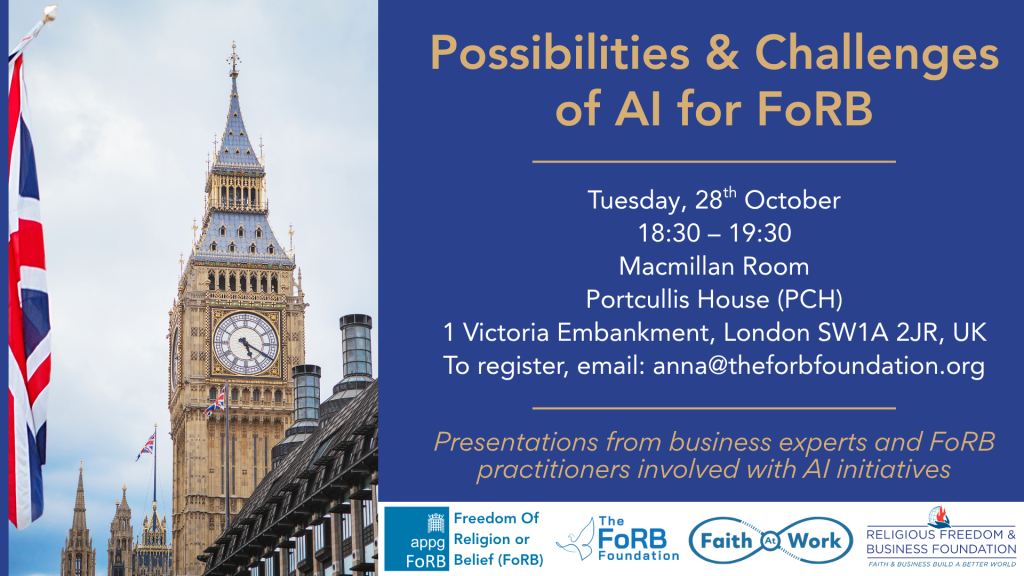
In Parliament tonight we held a a discussion exploring the possibilities and challenges of AI for Freedom of Religion or Belief (FoRB) on 28th October 2025 from 6:30-7:30pm.
Presentations from business experts and FoRB practitioners involved with AI initiatives set the stage for a lively and informed discussion.
The event is organised by the APPG FoRB, The FoRB Foundation, Faith@Work UK, and the Religious Freedom & Business Foundation, which is an official stakeholder in APPG FoRB.
How AI Can Promote Freedom of Religion or Belief (FoRB):
Artificial Intelligence (AI) holds significant potential to advance freedom of religion or belief (FoRB) by enhancing access to information, fostering interfaith dialogue, and identifying early signs of religious discrimination. AI-powered translation tools can break down language barriers, enabling people from diverse religious backgrounds to access sacred texts, teachings, and interfaith resources in their native languages. Social media algorithms, when responsibly designed, can amplify voices promoting religious tolerance and understanding, helping to counter misinformation and stereotypes. Additionally, AI can be used to analyze large datasets to detect patterns of religious persecution or discrimination, providing early warnings to human rights organizations and policymakers.
Moreover, AI can support religious communities in preserving and sharing their cultural heritage. Through digitization and machine learning, sacred texts, oral traditions, and historical artifacts can be archived and made accessible to future generations. AI-driven platforms can also facilitate respectful interreligious engagement by curating content that highlights shared values and fosters empathy. In educational settings, AI can personalize learning experiences that include diverse religious perspectives, promoting mutual respect and understanding from a young age. When developed and deployed ethically, AI can be a powerful ally in building inclusive societies that uphold the right to freedom of thought, conscience, and religion.
How AI Can Harm or Endanger Freedom of Religion or Belief (FoRB):
Despite its potential, AI also poses serious risks to FoRB if misused or poorly regulated. One major concern is the use of AI for surveillance and profiling, particularly by authoritarian regimes. Facial recognition and data-mining technologies can be employed to monitor religious gatherings, track individuals based on religious affiliation, and suppress dissent. Such practices can lead to targeted harassment, arrests, or even violence against religious minorities. Moreover, biased algorithms—trained on skewed or discriminatory data—can reinforce existing prejudices, leading to unfair treatment in areas like employment, law enforcement, or access to services.
AI-driven content moderation systems also risk inadvertently censoring religious expression. Automated filters may misinterpret religious language, symbols, or rituals as hate speech or misinformation, disproportionately silencing certain faith communities. Furthermore, the opaque nature of many AI systems makes it difficult to hold developers or institutions accountable for discriminatory outcomes. Without robust ethical frameworks, transparency, and inclusive design processes, AI could exacerbate religious intolerance and deepen societal divisions. Safeguarding FoRB in the age of AI requires vigilant oversight, inclusive policymaking, and a commitment to human rights at every stage of technological development.
-
- 6:30-6:35 Welcome, Jim Shannon MP
- 6:35-6:42 Overview of the Possibilities & Challenges of AI for FoRB, Brian Grim
- 6:42-6:49 Briefing by Will Jones on Work of FLI
- 6:49-6:56 Briefing on the practical application of AI in a global FoRB initiative, Matthew Jones
- 6:56-7:03 Discussion of AI and Faith issues by Ihab El Ghazzawi
- 7:03-7:10 Panelists respond to or offer questions to each other, Julie Jones APPG FoRB
- 7:10-7:30 Q and A
Dr. Brian J. Grim is a globally recognized expert on the socio-economic impact of religious freedom. He is the Founding President of the Religious Freedom & Business Foundation (RFBF) and serves as the Global Chair of Dare to Overcome, an initiative that fosters mutual respect and engagement among diverse faith-and-belief groups in workplaces worldwide. With a Ph.D. in quantitative sociology from Pennsylvania State University, Dr. Grim has authored numerous academic articles and books. His pioneering work at the Pew Research Center led to the development of global indexes measuring Government Restrictions on Religion (GRI) and Social Hostilities Involving Religion (SHI), which are now key tools for monitoring religious freedom worldwide.
William Jones is a Futures Program Associate at the Future of Life Institute (FLI), an independent non-profit working to steer transformative technologies away from large-scale, extreme risks and towards the benefit of all life. The Futures Program aims to guide humanity towards the beneficial outcomes made possible by transformative technologies. Will leads FLI’s work with religious groups, amplifying faith perspectives on AI issues and opportunities and supporting religious initiatives to engage more with AI development, governance and discourse.
Matthew Jones is a seasoned leader with over 30 years of experience in charity management, real estate development, and training. As Co-founder and Chief Operations Officer of The FoRB Foundation, he is deeply committed to promoting and protecting freedom of religion or belief (FoRB). Since 2022, he has spearheaded strategic planning and program development, fostering collaboration among diverse stakeholders to support vulnerable populations and advance social change.
Ihab El Ghazzawi has more than 30 years of successful experience in the IT industry, specializing in building and leading cross functional, global teams and having a direct impact on profitable growth. With his team, he delivers real business benefits that impact our customers and partners. I have a credible track record in managing customer relationships, business development, product and partner development, strategy, operations and global field force enablement. His areas of expertise include innovation, GenAI/AI/ML, Con.nected CIO, Multicloud, Emerging Technologies & Thought Leadership, Edge, IOT solutions, among others.

